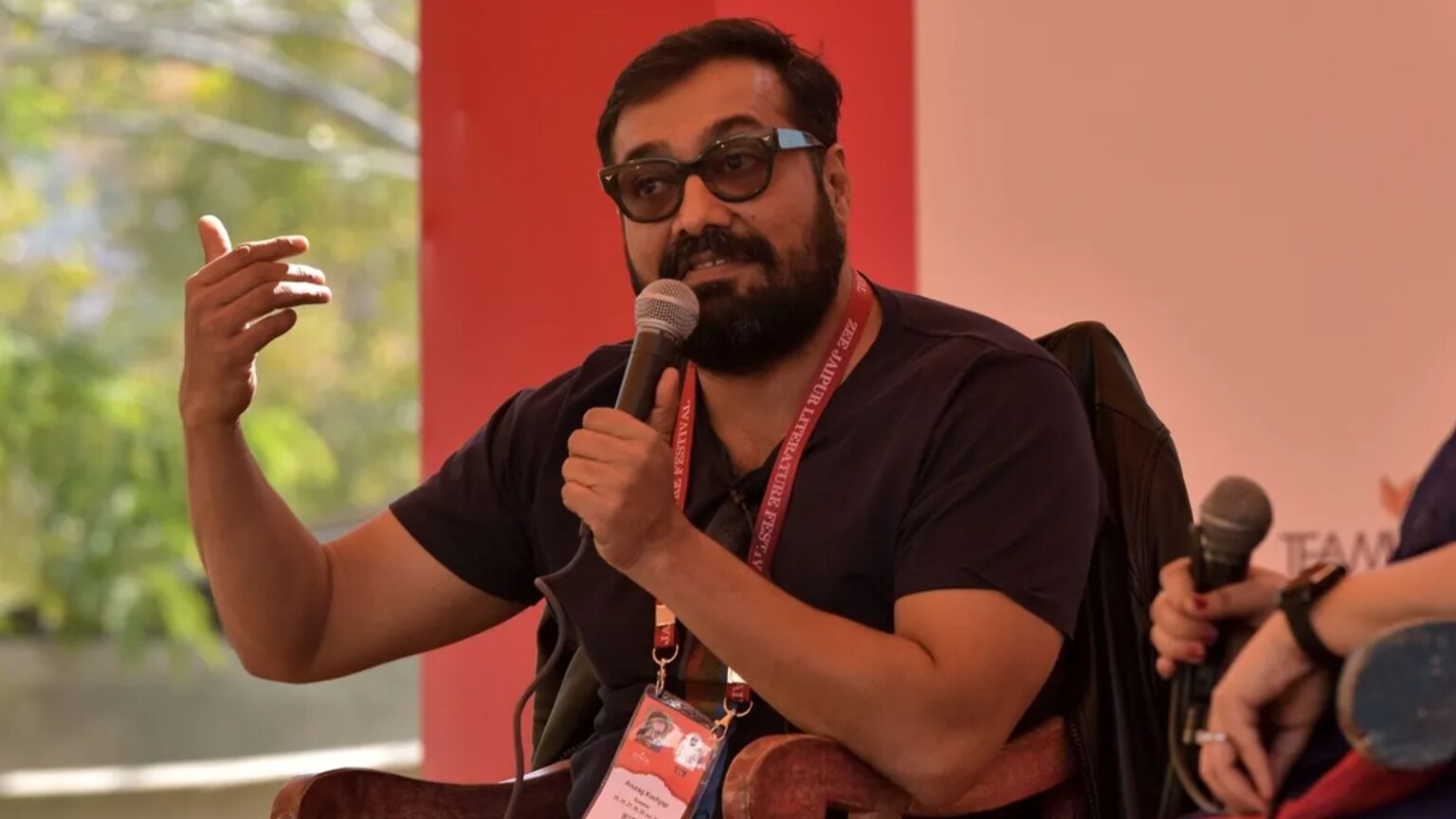Screenwriters in Bollywood are grappling with a myriad of challenges that compromise their creative freedom and financial stability. From scrutinizing scripts by legal teams to facing unfair contractual clauses and having their credits stolen by directors, writers in the Hindi film industry are fighting a relentless battle. Veteran screenwriter Anjum Rajabali, known for iconic films like Ghulam, Raajneeti, and The Legend of Bhagat Singh, sheds light on the pervasive issues plaguing the community.

Source : TOI
“The Struggles of Pay and Credit”
Rajabali highlights that the two most critical rights for any writer are fair compensation and proper credit for their work. Unfortunately, producers often prioritize hefty payments for stars and their entourages over remunerating writers adequately. Moreover, credit theft is rampant, with producers and directors manipulating credits to enhance their own prestige. This manipulation is facilitated by legal clauses that allow final credit discretion to lie with producers, rather than being based on actual contributions.
Source:- news 18
“Your Work, My Credit”
Rajabali criticizes the common practice of directors claiming writing credits without significant input, merely by providing feedback or suggestions. This undermines the true efforts of the writers. He recounts instances where multiple writers are involved, yet a director might get a “written and directed by” credit, overshadowing the substantial work done by others. Such practices not only diminish the efforts of the original writers but also inflate the creative reputation of directors unjustly.
“Harsh Contracts and the Indemnity Clause
Adding to the writers’ woes are harsh contracts that can be terminated without reason, and the infamous indemnity clause, which holds writers financially liable for any legal issues arising from the script. This clause is particularly problematic as scripts are vetted by multiple stakeholders, including lawyers and marketing teams, yet the ultimate financial burden falls on the writer if controversies arise. Rajabali argues that this is unfair, as writers assign their rights to producers, who then should bear the legal responsibilities.
“A Call for Change”
Rajabali, a senior executive committee member of the Screen Writers Association (SWA), calls for the industry to rally together to safeguard writers’ rights. He stresses the need for standardization in contracts, ensuring fair termination clauses, and protecting writers from unwarranted financial liabilities. The SWA has a credit arbitration committee to address disputes, but more systemic changes are necessary to protect newer writers from being exploited.
Share your views in the comments

